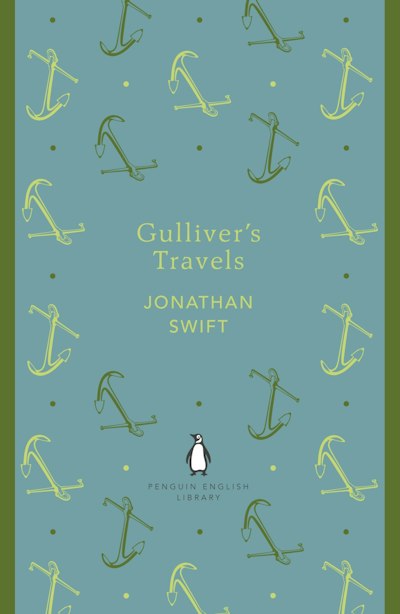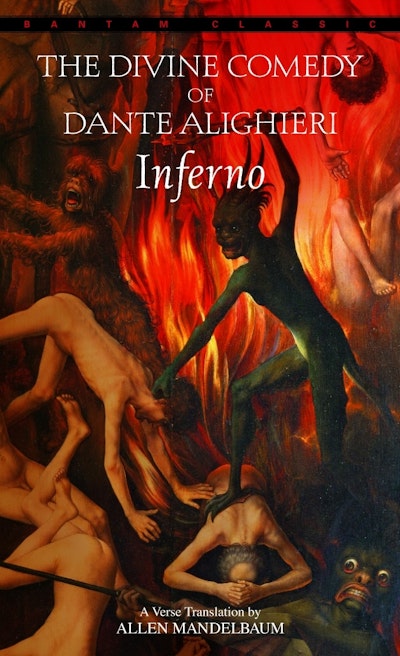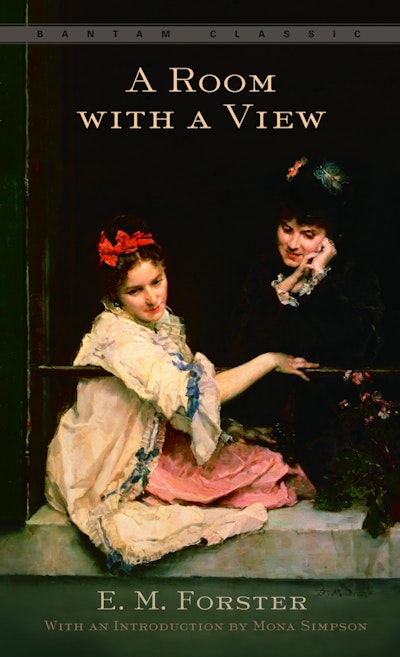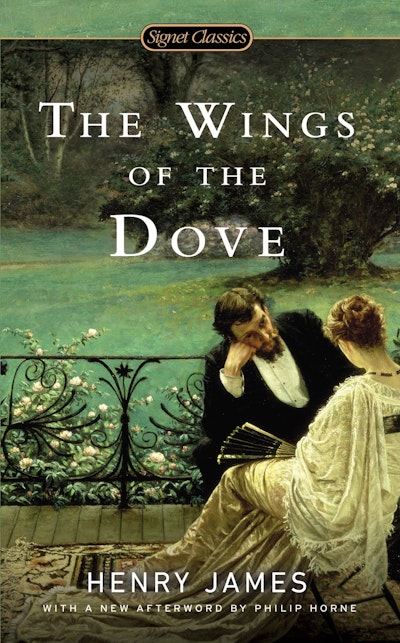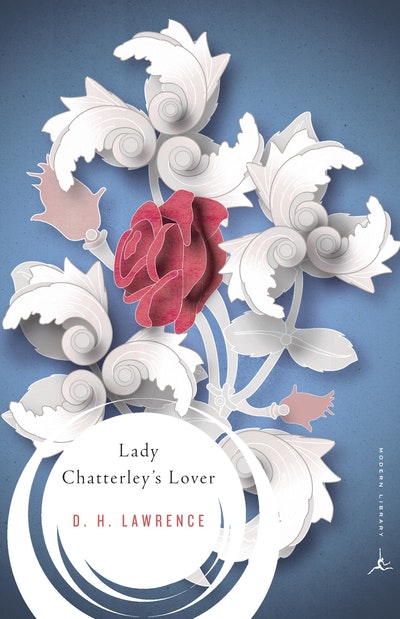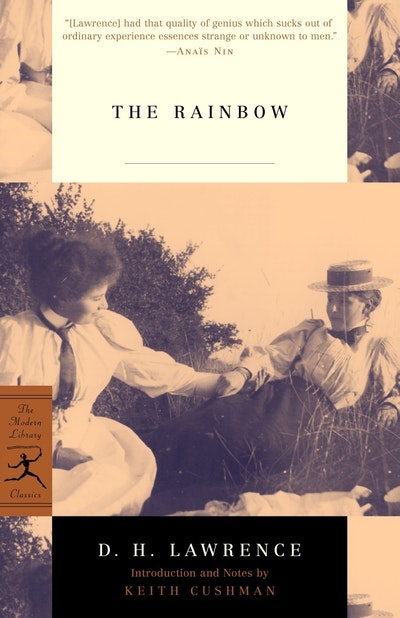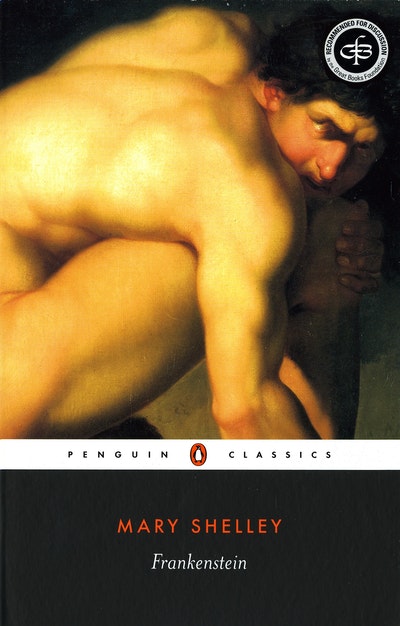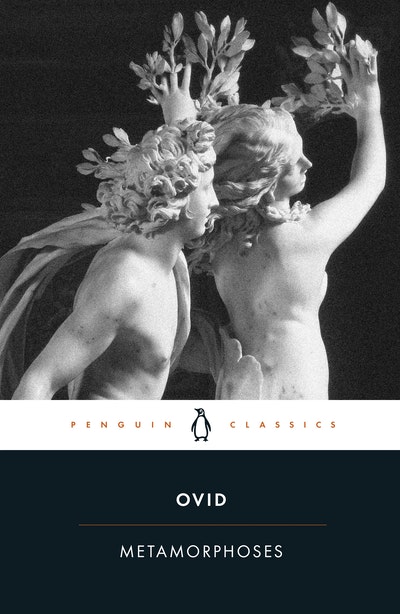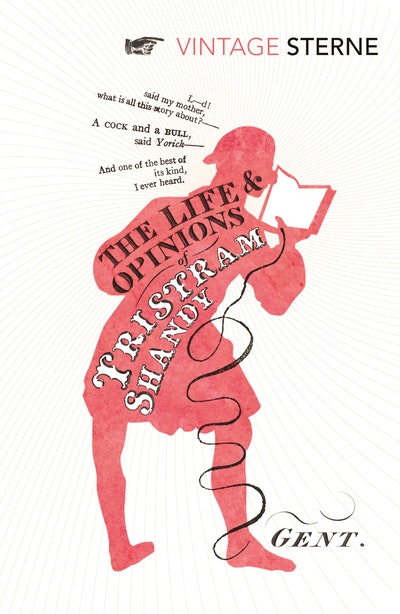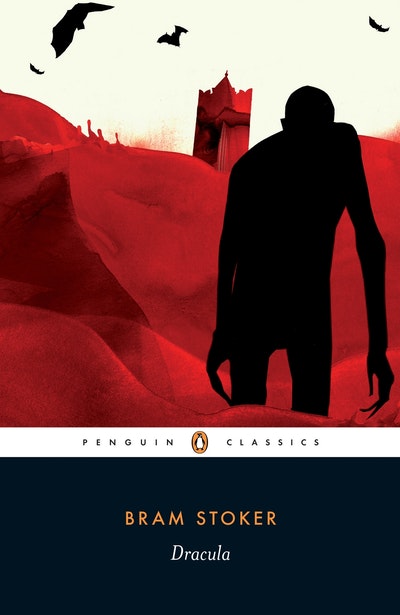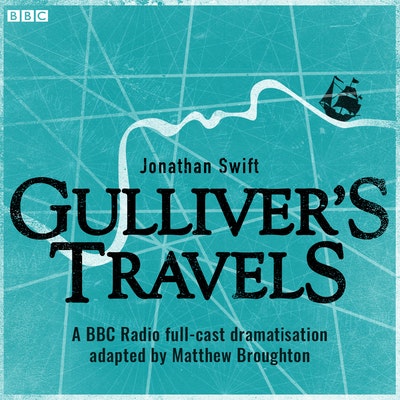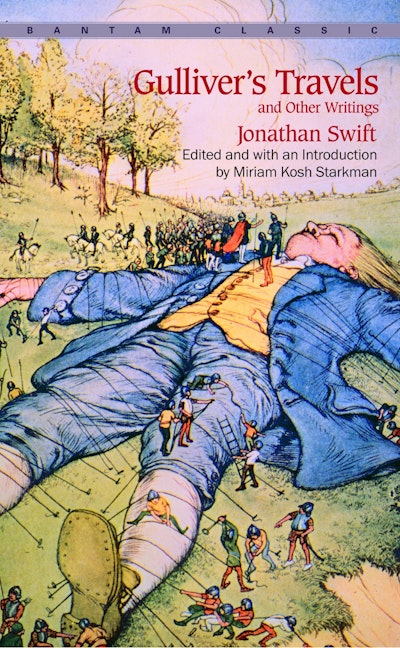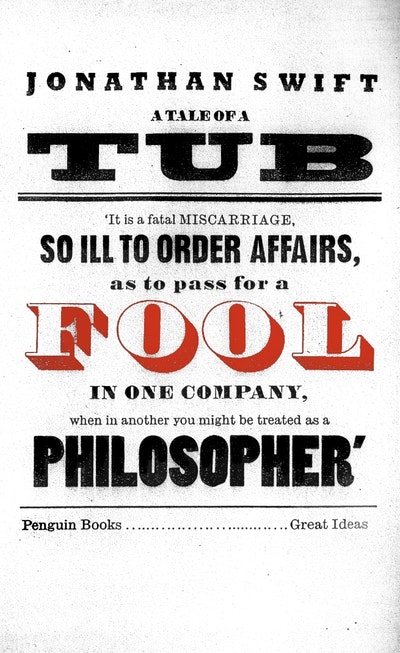- Published: 23 May 2012
- ISBN: 9780141973890
- Imprint: Penguin eBooks
- Format: EBook
- Pages: 336
Gulliver's Travels
Puffin Classics: the definitive collection of timeless stories, for every child.
With an essay by George Orwell.
'Fifteen hundred of the Emperor's largest horses, each about four inches and an half high, were employed to draw me towards the Metropolis, which, as I said, was half a Mile distant'
A savage and hilarious satire, Gulliver's Travels sees Lemuel Gulliver shipwrecked and adrift, subject to bizarre and unnerving encounters with, among others, quarrelling Lilliputians, philosophizing horses and the brutish Yahoo tribe, that change his view of humanity - and himself - for ever. Swift's classic of 1726 portrays mankind in a distorted hall of mirrors as a diminished, magnified and finally bestial species, presenting us with a comical yet uncompromising reflection of ourselves.
The Penguin English Library - 100 editions of the best fiction in English, from the eighteenth century and the very first novels to the beginning of the First World War.
%%%With an essay by George Orwell.
'Fifteen hundred of the Emperor's largest horses, each about four inches and an half high, were employed to draw me towards the Metropolis, which, as I said, was half a Mile distant'
A savage and hilarious satire, Gulliver's Travels sees Lemuel Gulliver shipwrecked and adrift, subject to bizarre and unnerving encounters with, among others, quarrelling Lilliputians, philosophizing horses and the brutish Yahoo tribe, that change his view of humanity - and himself - for ever. Swift's classic of 1726 portrays mankind in a distorted hall of mirrors as a diminished, magnified and finally bestial species, presenting us with a comical yet uncompromising reflection of ourselves.
The Penguin English Library - 100 editions of the best fiction in English, from the eighteenth century and the very first novels to the beginning of the First World War.
- Published: 23 May 2012
- ISBN: 9780141973890
- Imprint: Penguin eBooks
- Format: EBook
- Pages: 336
Other books in the series
About the author
Jonathan Swift (1667 – 1745) was a poet, satirist and clergyman; his parents were English but he was born in Dublin. His father died before he was born and his mother soon returned to England. Jonathan was brought up by his nurse in Cumbria and later by his Uncle Godwin back in Dublin. He was very unhappy as he was treated like the poor relative who had kindly been given a home. Jonathan went to Trinity College, Dublin where he was an unruly student and only just scraped through the examinations.
Through family connections he went to work in the home of Sir William Temple in Surrey, as secretary and later became both friend and editor. A young girl called Esther was also living in Sir William's house; she became Swift's closest friend and perhaps his wife. There is a mystery surrounding the relationship – Swift clearly loved her but we don't know whether or not they ever married.
Jonathan Swift's cousin, the poet John Dryden, told him he would never be a poet, but he soon became known as a poet and writer. He wrote many political pamphlets and was sometimes known as 'the mad parson'. He became dean of St Patrick's Cathedral in Dublin in 1713 and became popular in Ireland as a patriotic writer.
Swift was always afraid of madness and often suffered from depression; he suffered serious ill health in his last years. He wrote many volumes of prose and poetry but his best-known work is Gulliver's Travels in which he turned 'traveller's tales' into a biting satire on contemporary life. It has appealed to a wide range of readers over the years, including in its abridged form many children. As well as being a satire it is an exciting story, funny and very inventive.
